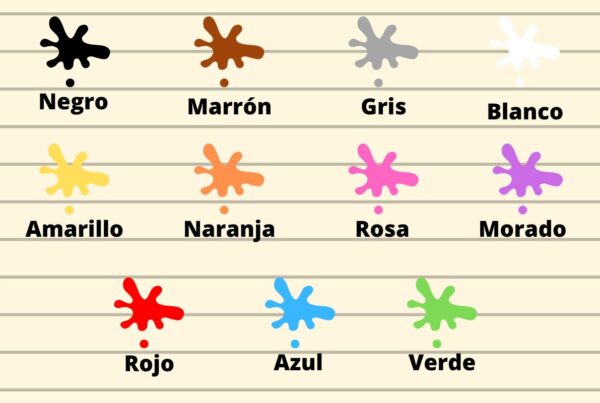The most difficult aspects of Spanish
“John, pásate por nuestra fiesta esta noche. Estará toda la peña dándolo todo” (i.e.:”Hey, John, come around our party tonight, everybody will be there giving their all”)… That’s how it started, the e-mail that Juan Jose, my Spanish friend, sent me, just the day before my flight to Dublin. I was getting ready to come back to my country after four unforgettable months in Nerja, in which my Spanish, starting from an intermediate level, grew so much that I could even talk and express my own opinions with confidence to teachers, students and people in the streets.
I had come to the Escuela de Idiomas Nerja a July 2 with a sufficient grammar grounding to communicate in Spanish with everyone. I even was able to understand the use and the difference between the four Past tenses. As the time was going by, I started to use more accurately the prepositions “por” and “para” and also the verbs “ser” and “estar”. By the way, I keep asking myself why do they have two different verbs to say the same thing. Spaniards are… No, Spaniards “are” a little crazy. Did you know that “Pasado mañana” (the day after tomorrow) refers to the future? I learnt it a few days after arriving to Nerja. Weeks later, they convinced me of using the future tense (Composed Future, of course) to make hypotheses on past facts. The truth is that Spanish people are friendly and kind, and in the School I felt at ease, but…the things they come up with! Who invented the Preterit of “saber”? And what about “caber”? He was a torturer for sure, and I bet he was the same one who thought it would be a nice idea to unite two “r” to create the fateful “double r” sound. “Quería” is Imperfecto, but “Querría” is Conditional”. Very easy for them!
However, the highlighted day in the calendar, every student’s D-Day, that day underlined in red ink, unforgettable forever, is the first lesson on “Subjuntivo”, that verbal mood appearing in all of our dreams and nightmares. You heard of it, just the same as a child listens to stories on myths and legends…But that day, THE day, you realise that the myth exists, and when you are in front of it, well, it is imposing. Some day, Someone told you the secret of “Subjuntivo”, unofficially: “Subjuntivo” is used to express abstraction, doubt, unreality, subjectivity, unknowledge… Ha ha ha. Think about that sentence: “Te he comprado un billete de avión para que vengas a verme” (i.e.: “I bought yo a plain ticket for you to come to see me”). It doesn´t mean anything of that. Over time I realized that in order to learn the Subjuntivo the best you can being open-minded and patient, practising a lot and not getting anxious.
Moreover, when we finally understand the Present of Subjuntivo, we realize that the road has just started. We have a long way ahead: Imperfecto of Subjuntivo, Pretérito Perfecto of Subjuntivo and Pluscuamperfecto of Subjuntivo. Spanish people are nice but they clearly have their things…
I learned a lot in Nerja, both about the Spanish language and culture. I experienced a lot of things and I met extraordinary people, with many of whom I keep in touch nowadays. Pleased with my progress and very happy with my journey, on November 10 I was packaging my luggage to take the Málaga-Dublin flight the following day, when I received that e-mail: “John come around our party tonight, everybody will be there giving their all…” and it went on: “No te rajes, pisha, va a ser la pera. Píllate el buseto hasta la Avenida de la Constitución y allí me pegas un toque. Habrá mogollón de gente partiendo la pana, ¡esta noche la Liamos! ¡Qué arte tienes! Un abrazote” (i.e.:”Don’t chicken out, buddy, it’s gonna be the limit. Take the bus to Avenida de la Constitución and give me a ring. There will be loads of people flipping out. We’re goofin’ tonight, man!! You rool! Cheers!”)…
…
¿What?
I thought that I mastered Spanish
I decided to cancel my flight and stay another month in Nerja.

















